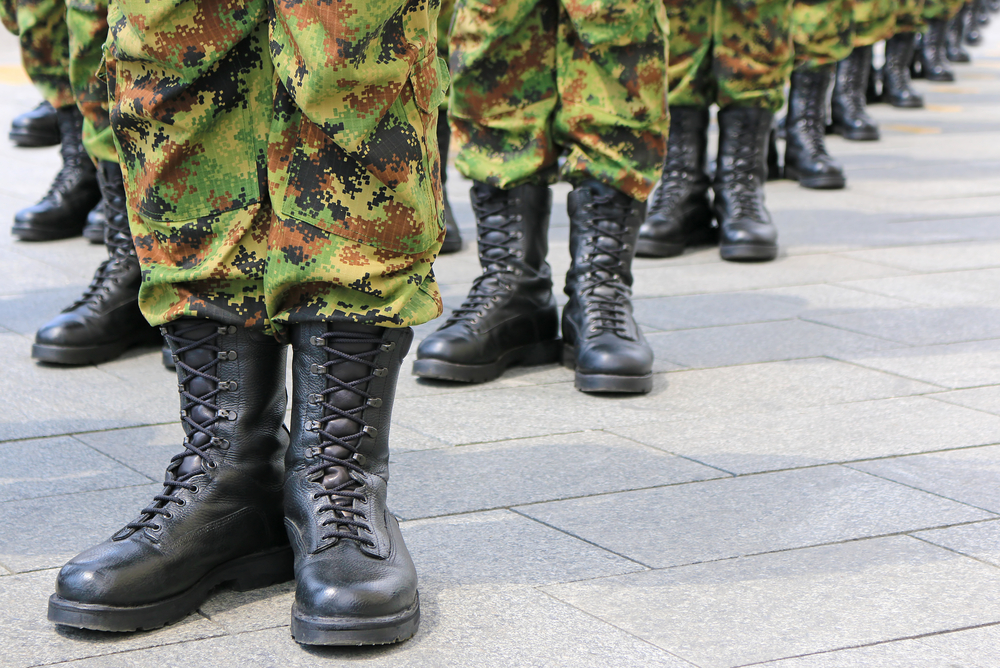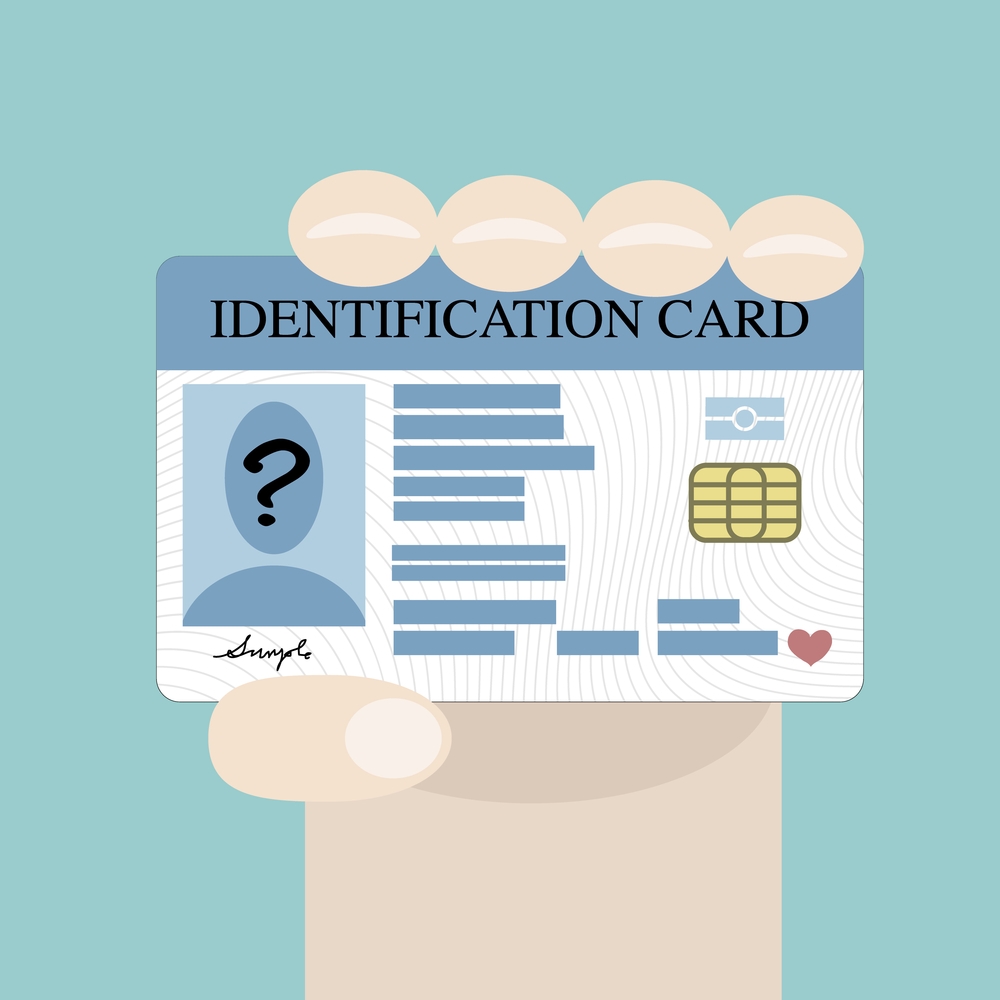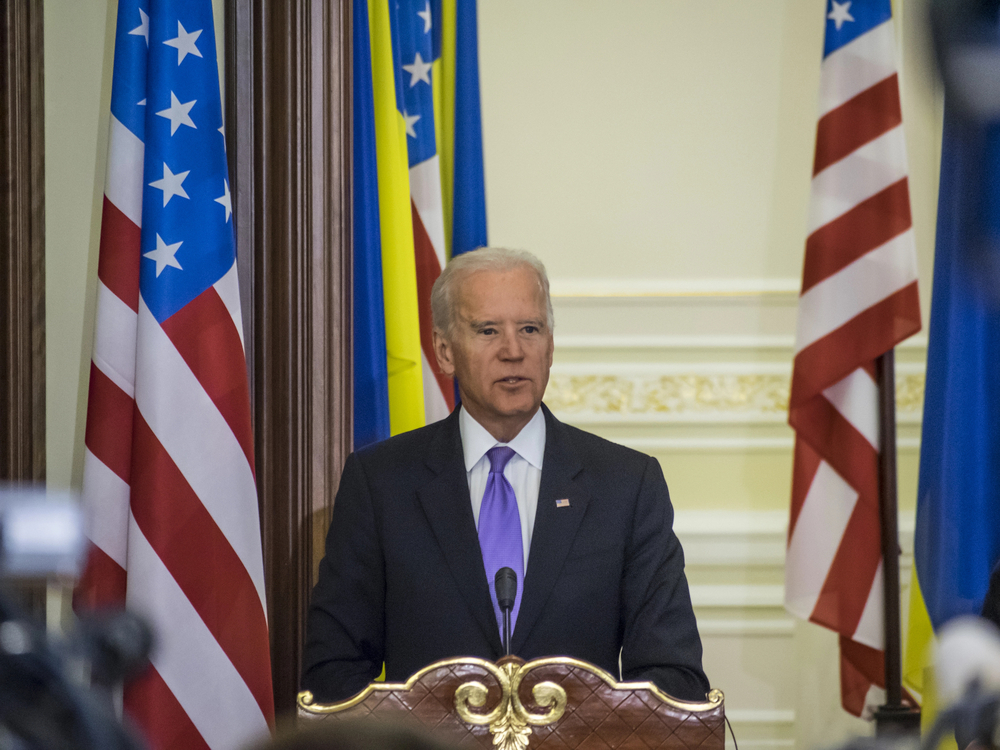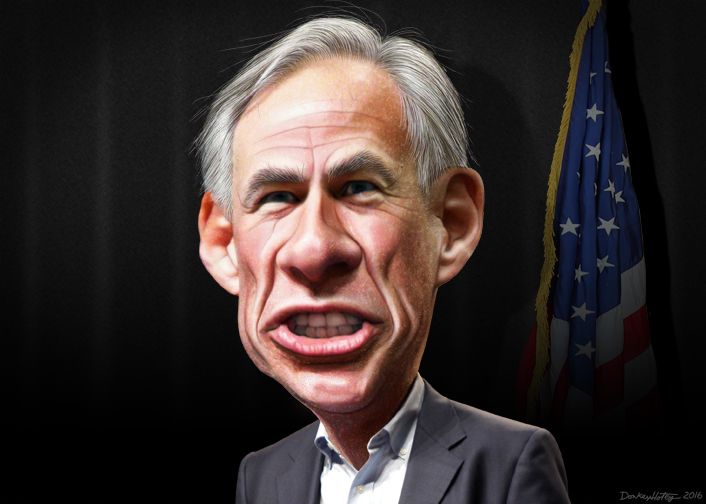During the presidential campaign Donald Trump’s son, Eric Trump, tweeted a picture of a bowl of Skittles candies along with the caption: “If I had a bowl of skittles and I told you just three would kill you. Would you take handful? That’s our Syrian refugee problem.”
Trump’s tweet generated backlash from many corners but the general logic of this vivid metaphor continues to resonate for many, despite research that demonstrates that the risk of an American dying in a terrorist attack carried out by refugees and immigrants in the United States is astonishingly low. For many Americans, the prospect of just one bad skittle overwhelms a more rational calculation embracing both immigration’s costs and benefits.
But perhaps a different vivid mental picture can help people see the immigration question in a new light.
The trolley problem is a famous thought experiment in ethics. The general form of the problem (quoted here from Wikipedia) is this:
There is a runaway trolley barreling down the railway tracks. Ahead, on the tracks, there are five people tied up and unable to move. The trolley is headed straight for them. You are standing some distance off in the train yard, next to a lever. If you pull this lever, the trolley will switch to a different set of tracks. However, you notice that there is one person on the sidetrack. You have two options:
- Do nothing, and the trolley kills the five people on the main track.
- Pull the lever, diverting the trolley onto the sidetrack where it will kill one person.
This is a tough scenario for sure. Do you believe that pulling the lever is the best option? What is your justification for that choice?
Surveys have shown that around 90% would make the difficult decision to pull the lever to save the five people. The justification for most people is straightforward: saving five lives is better than saving one life. But studies also show that it matters a great deal who that one person is. For example, if the person happens to be the respondent’s relative or loved one, a respondent is far less likely to indicate he or she would pull the lever.
When thinking about President Trump’s proposed crackdown on travel, immigration, and refugees, we might revise the standard version of the problem to read like this:
There is a runaway trolley barreling down the railway tracks. Ahead, on the tracks, there are five refugees and immigrants tied up and unable to move. The trolley is headed straight for them. You are standing some distance off in the train yard, next to a lever. If you pull this lever, the trolley will switch to a different set of tracks. However, you notice that there is one American citizen on the sidetrack. You have two options:
- Do nothing, and the trolley kills the five refugees and immigrants on the main track.
- Pull the lever, diverting the trolley onto the sidetrack where it will kill one American citizen.
Now how do you answer the trolley problem? Does your justification differ from the justification of your response to the original version of trolley problem?
This second version is, of course, very similar to the refugee and immigration policy problem confronting the United States today, except that in this case pulling the lever (i.e. allowing refugees and immigrations into the U.S.) will help or save millions of people, not just five, for every American that might get hurt. In fact, according to a Cato study, despite the United States welcoming a million immigrants each year and over three million refugees since 1975, refugees and immigrants combined to kill just eleven Americans in terrorist acts between 1975 and 2015. That’s about 41 million immigrants and 3 million refugees “saved” against eleven Americans who died. In other words, the real life trolley problem has 11 million refugees and immigrants on one track and a single American on the other track.
If you believe that the right answer in the first version is to pull the lever, then you either need to pull it in the second version or you need a new justification that privileges American lives over foreign lives in a very powerful way. Nationalists like President Trump do so by simply declaring “America First” and arguing that no Americans should die in order to save any number of foreign nationals.
But that perspective is troubling to many others. The majority of Americans support sending troops to help prevent genocide or major humanitarian disasters. And despite the risks most Americans support sending help in cases of natural disasters like the 2010 earthquake in Haiti. Thus for most, though the risk to American lives is certainly a critical consideration, so is the opportunity – even the obligation – to save other people’s lives when possible.
Few people are used to thinking about public policy in such blunt terms, but in the end Americans must decide whether or not they are willing to live with a very modest increase in risk to American lives in order to save and improve the lives of millions of refugees and immigrants. Most Americans, in the end, choose to save the lives of the five people when confronted with the trolley problem. Hopefully a majority will eventually apply the same thinking to the debate on refugees and immigration.











